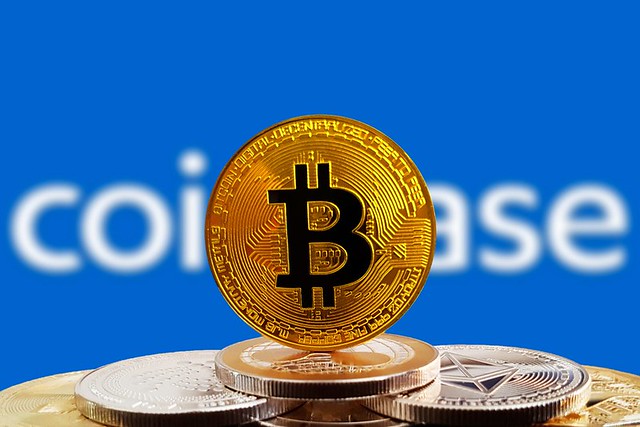2019-7-27 09:14 |
Coinspeaker
Paying with Money, Paying with Data?
This increases enormously when the money is stored digitally, as the records are electronic and accessible to many more people. And the relationship changes again when you introduce crypto into the equation, and transactions suddenly become publicly visible on a global ledger. However, with fiat and crypto there is at least a basic expectation of privacy, whether that’s in the value of the transaction, or your identity.
Enter Libra, Facebook’s bold attempt at a ‘cryptocurrency’, that has got everyone from President Trump down talking about it.
Tipping the Scales, or Finding Balance?Calling Libra a digital currency is deliberate, as many commentators don’t believe it qualifies as a cryptocurrency due to not being anonymous, decentralized, or an independent unit of value.
Instead, Libra is a centrally-controlled representation of an aggregation of assets – perhaps a stable coin, perhaps something different. There is certainly considerable debate about its usefulness, intentions, and even legality, as we’ve seen in the United States House of Representatives this week.
Much of this discussion stems from the financial mechanisms driving Libra, and its integration with Facebook. While it would undoubtedly be very convenient for millions of people to be able to send money via Facebook, Instagram or WhatsApp, putting de-facto transnational banking into the hands of private corporations could have enormous potential knock-on effects.
The Facebook connection is especially troubling to privacy advocates. In the recent past the company has not shown itself to be a champion of personal privacy.
This has led to concerns Facebook would treat users’ spending habits as yet another source of data to mine, an enabler of shopping addictions, or in worse case a foundation for offering prices based on how much you can pay.
Is there an alternative in the battle between convenience and privacy? Privacy advocate and free software pioneer Richard Stallman has an interesting way of looking at it.
Despite being an “old school cypherpunk,” Stallman is against Bitcoin and related cryptocurrencies – because of their poor privacy protections. While this sounds a bit dissonant for a “crypto” currency, it is fair enough, as transactional transparency is a core tenet of most cryptos.
A Facebook Future?The pros and cons of both fiat and crypto can be evaluated through Stallman’s comparison of taxis and Uber. Taxis can be hailed on the street and paid in cash, and therefore are anonymous and private. Nobody knows where you went and why, but you.
Uber, on the other hand, requires registration and credit card payment, and it tracks location data and more. This makes taking an Uber mine of datapoints about users’ habits.
Stallman goes on at great length about how much he dislikes Uber, and that’s fair enough, in its way. Uber has misused data in the past, tracked users outside of necessity, and in at least one case used ride data to publicly speculate on its customers’ private activities.
For Libra advocates, this lack of privacy across the ecosystem is a selling point. Full integration across the various platforms would make ordering and paying for rides a breeze – after all, the app would know where users are and where they are going before they even ordered.
It knows their friends, their habits, and their schedules. The whole system would be seamless, and users would benefit from targeted offers from their favorite places. It’d be a Facebook future. This, of course, is a form of dystopian hell for privacy advocates like Stallman.
Nobody knows which way things will go, but the future doesn’t look great for privacy advocates, but there’s a lot of big money backing Libra and its ecosystem, and at the end of the day – like it or not – that counts. Only time will tell if consumers tire of paying with data as well as cash, or if we, as a society, are moving towards a new concept of privacy. It’s going to be interesting to watch it unfold, that’s for sure.
Paying with Money, Paying with Data?
Similar to Notcoin - TapSwap on Solana Airdrops In 2024
Money ($$$) на Currencies.ru
|
|
























